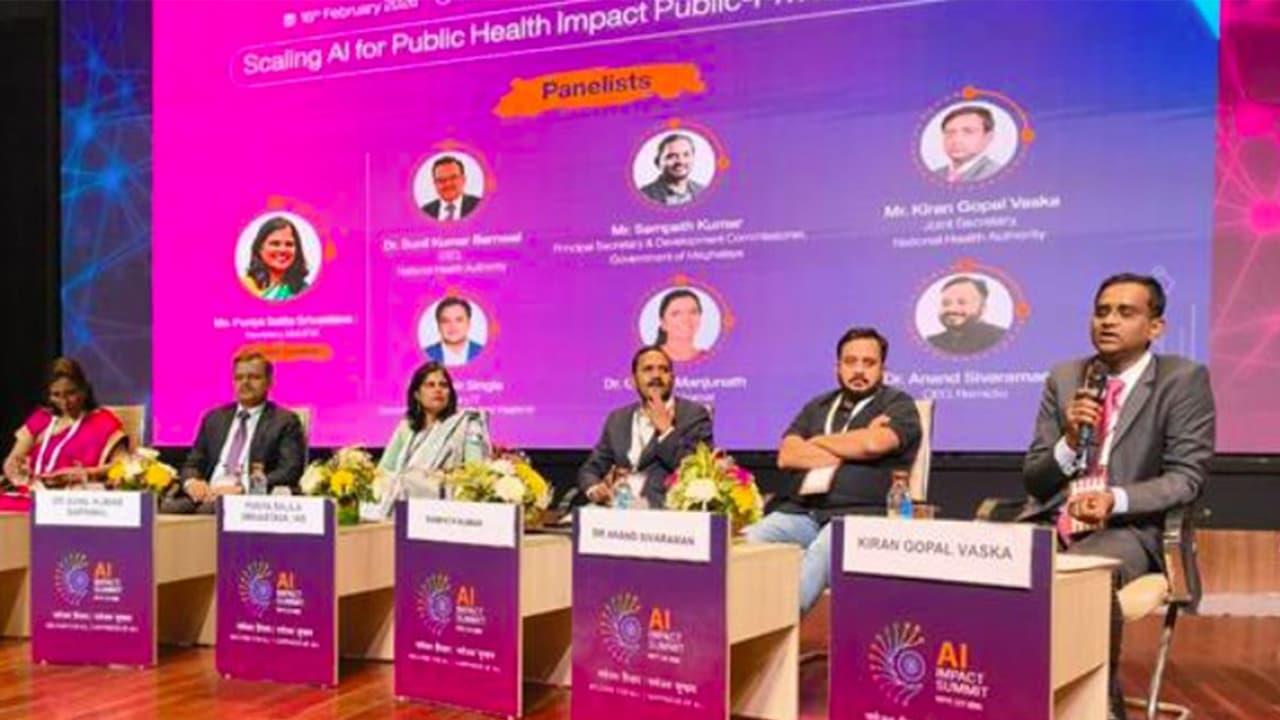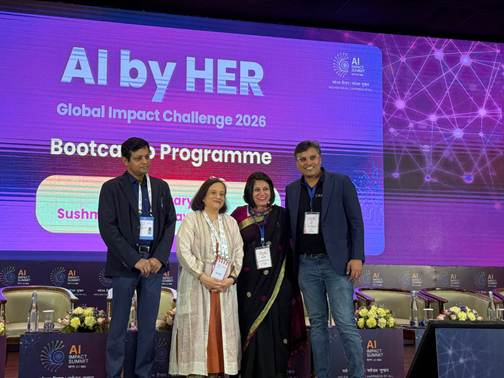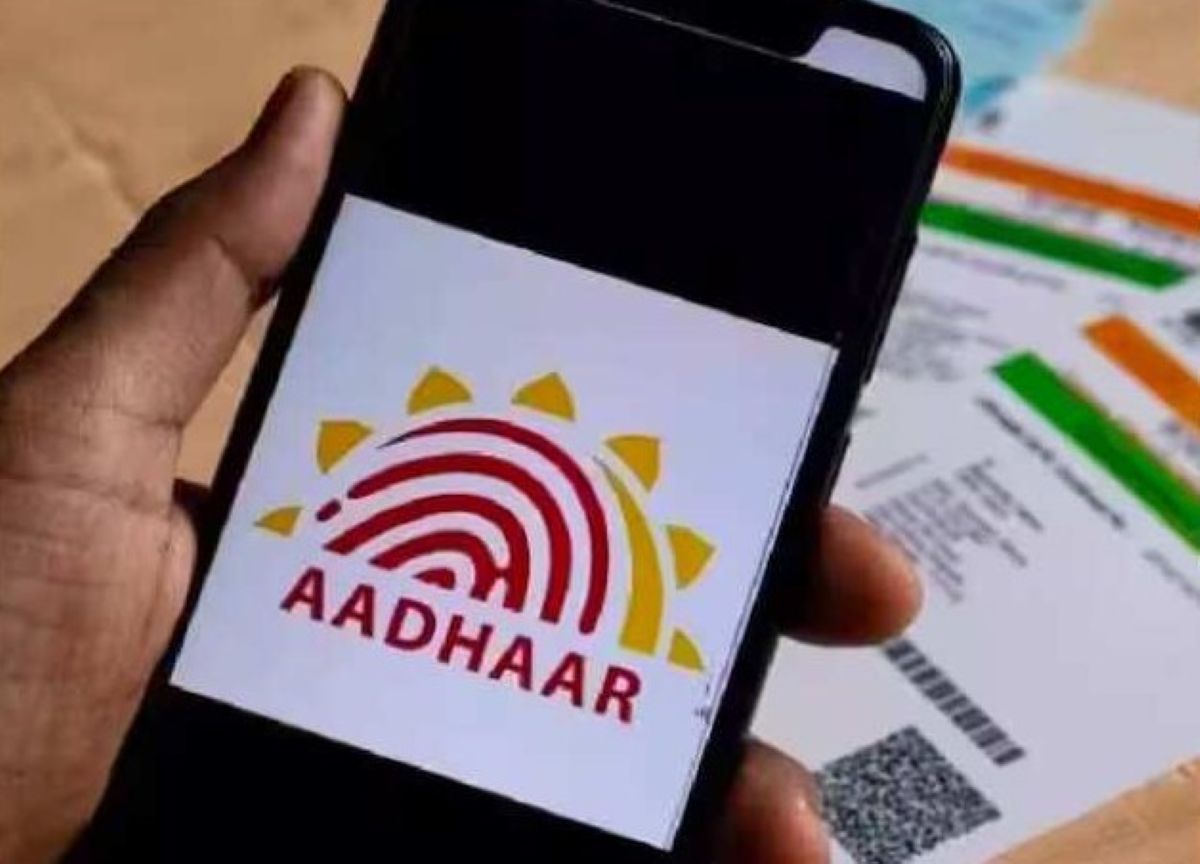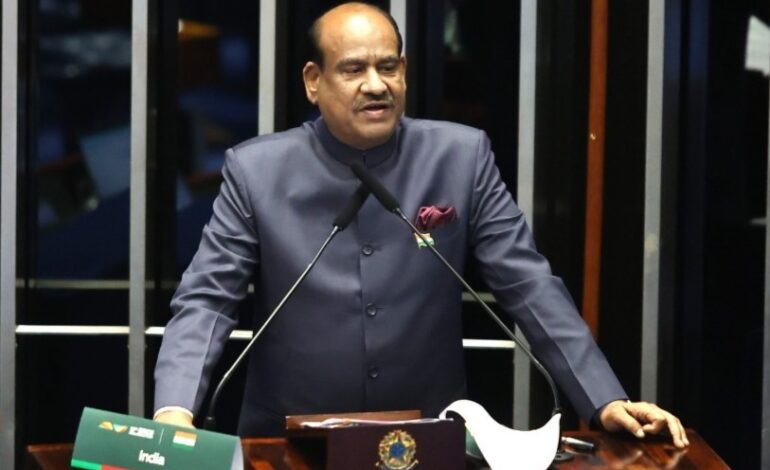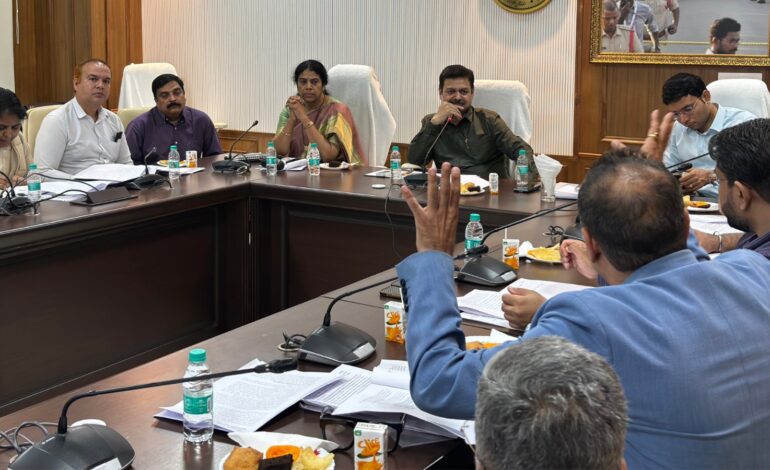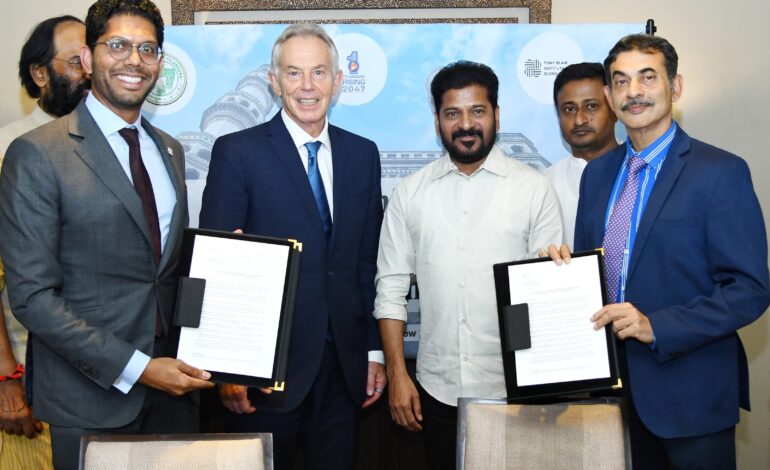ECI Initiates Second Round to Delist 476 Non-Active Political Parties
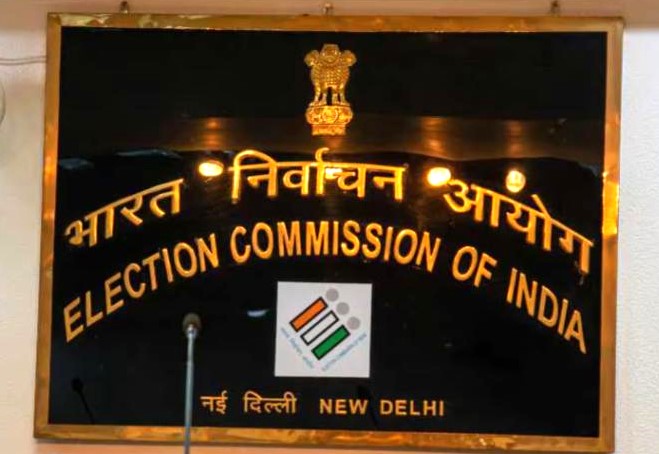
In an order issued on October 9, the ECI mandated that every registered national and state political party, as well as contesting candidates, must seek approval from the Media Certification and Monitoring Committees (MCMCs) before publishing or broadcasting any political advertisements.
New Delhi, August 11: The Election Commission of India (ECI) has launched the second phase of its nationwide exercise to clean up the electoral system by initiating proceedings to delist another 476 Registered Unrecognized Political Parties (RUPPs) that have not contested a single election in the last six years.
Under Section 29A of the Representation of the People Act, 1951, political parties — once registered — enjoy privileges such as reserved election symbols and tax exemptions. However, the guidelines stipulate that parties failing to contest elections continuously for six years are liable to be removed from the list of registered parties.
The ECI’s ongoing effort to weed out inactive political entities began in 2019 as part of a comprehensive strategy to ensure greater transparency and accountability in the electoral process. In the first round, concluded on August 9, 2025, the commission delisted 334 such parties, reducing the total from 2,854 to 2,520.
In this second round, the 476 identified RUPPs span across all regions of the country, with the largest number from Uttar Pradesh (121), followed by Maharashtra (44), Delhi (41), Tamil Nadu (42), and Punjab (21). Smaller states and Union Territories such as Andaman & Nicobar Islands, Tripura, and Chandigarh have one each.
To ensure fairness, the Chief Electoral Officers (CEOs) of the respective states and Union Territories have been instructed to issue show-cause notices to these parties. Each party will be given an opportunity to present its case before the concerned CEO. Final decisions on delisting will be made based on the CEOs’ reports.
The ECI has reiterated that this clean-up drive is aimed at strengthening the integrity of India’s electoral framework by removing entities that no longer participate in the democratic process.


